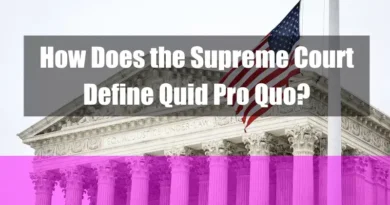Who Said Do Ut Des?
While the exact originator of the phrase remains uncertain, “do ut des” encapsulates a pervasive theme in Roman culture, emphasizing the centrality of reciprocal exchange in maintaining societal harmony and order.
The Latin phrase “do ut des,” translating to “I give so that you may give,” embodies the principle of reciprocity foundational to various facets of ancient Roman society, including religious practices, legal frameworks, and social interactions.
Religious Context
In ancient Roman religion, “do ut des” encapsulated the transactional nature of interactions with deities. Worshippers would offer sacrifices or perform rituals with the expectation of receiving divine favor, protection, or blessings in return. This practice underscored a belief in a mutual exchange between humans and gods, where offerings were made to secure specific outcomes or avert misfortunes.
Legal Context
Within Roman law, “do ut des” described a category of innominate contracts characterized by mutual exchange. The Roman jurist Paulus identified four types of such agreements:
- Do ut des (“I give so that you may give”): Exchange of goods between parties.
- Do ut facias (“I give so that you may do”): One party provides goods in exchange for services.
- Facio ut des (“I do so that you may give”): One party performs a service expecting goods in return.
- Facio ut facias (“I do so that you may do”): Exchange of services between parties.
These classifications highlighted the Romans’ emphasis on reciprocity and mutual obligations in contractual agreements.
Social and Philosophical Context
Beyond religious and legal spheres, “do ut des” reflected a broader societal ethos of balanced exchange and mutual benefit. The concept underscored the importance of equitable relationships, where favors and services were reciprocated, fostering social cohesion and trust.
Modern Usage
Today, “do ut des” is occasionally invoked in discussions of ethics, law, and social contracts to denote the expectation of reciprocity in human interactions. It serves as a reminder of the enduring significance of mutual exchange in fostering cooperative relationships across various domains.
Conclusion
The enduring relevance of “do ut des” highlights the deep-rooted human inclination toward reciprocity, a principle that shaped ancient Roman society and continues to influence modern ethical, legal, and social frameworks. Whether in religious devotion, contractual agreements, or interpersonal relationships, the concept underscores the expectation of mutual exchange as a foundation for harmony and cooperation. Though its precise origins remain uncertain, its legacy persists, reflecting the timeless nature of balanced give-and-take in sustaining social order.









